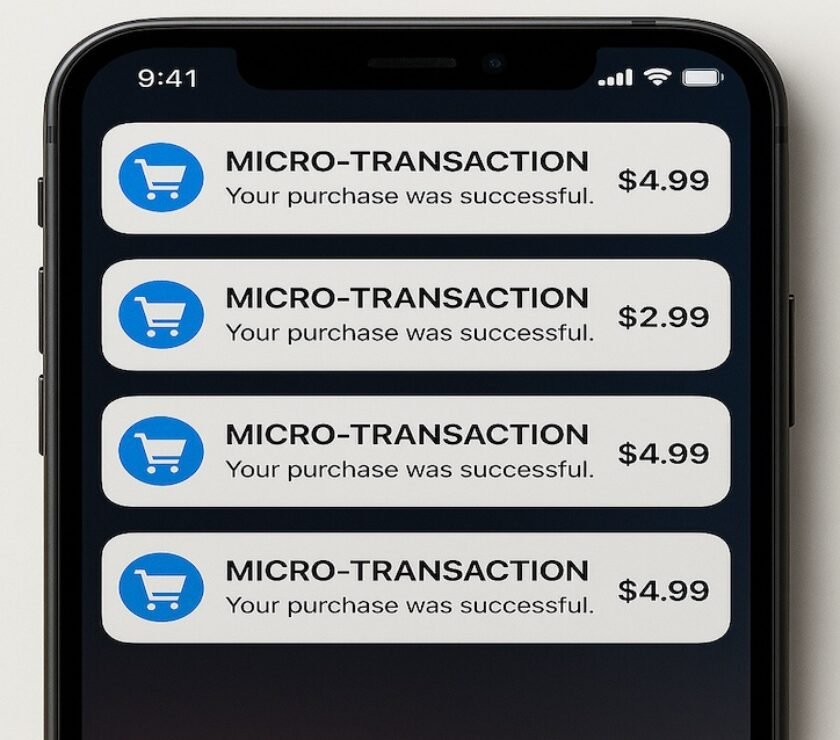TL;DR: Student loan interest quietly chips away at your future. But with smart tactics like autopay discounts, refinancing, tax deductions, and credit-building, you can fight back—and save big. No spreadsheets required.
Summer’s heating up—and while classes might be out, your student loans aren’t taking a break. Interest is still racking up. But here’s a bright spot: The U.S. Department of Education just shaved federal student loan rates by 0.14% for the 2025–2026 school year. That might not sound life-changing, but over time, that tiny dip could save you hundreds—if not thousands.
Now imagine what you could save by combining that with a few proven money moves. Yep, it’s time to turn the tables on student loan interest, one smart step at a time.
Table of Contents
Know Your Loans & Rates
Before you can save money, you’ve got to know what you’re working with. Start here:
✅ Check your loan types: Are they federal or private?
✅ Log in to StudentAid.gov or use the NSLDS to see what you owe
✅ Take note of your interest rates, servicers, and loan balances
💡 Pro Tip: Use the Loan Simulator to see how much interest you’ll pay with different repayment plans. It’s like Google Maps, but for your student debt.
Autopay = Easy Discount
One of the easiest wins in the student loan game? Autopay.
Most lenders (federal and private) will cut your interest rate by 0.25% just for setting it up.
Example:
If you owe $40,000 at 6.8% interest:
Without autopay: $15,239 in interest over 10 years
With autopay: $14,625 in interest
You just saved over $600, no extra effort. Just make sure your account has enough buffer to avoid overdraft fees.
Student Loan Interest: Refinancing & Consolidation
Refinance for Lower Rates
If your credit’s been climbing since you borrowed, refinancing could land you a better rate with a private lender. But tread carefully—federal loan perks like PSLF or income-driven repayment vanish when you refinance.
Only consider refinancing if:
You don’t plan on using forgiveness programs
Your income is stable
You’ve got a strong credit score (700+)
Consolidate for Simplicity
Not all consolidation saves money, but if you’ve got a mess of loans, combining federal loans into one monthly payment might help you stay organized. It won’t lower your rate, but it can help avoid late payments—which can wreck your credit.
Boost Your Credit, Drop Your Rate
Refinance lenders reward good credit with better rates. Here’s how to glow up your credit profile fast:
📈 Always pay on time
📉 Pay down your credit card balances
🧓 Keep old accounts open
🧠 Check your score with tools like Credit Karma or Experian
🔥 Money Stat: Borrowers with a score of 780+ can qualify for rates as low as 4% with some lenders.
Student Loan Tax Deduction
Tax season might be annoying, but it can also save you money. You can deduct up to $2,500/year in student loan interest—even if you don’t itemize.
To qualify, you must:
Have a MAGI under $90,000 (single) or $185,000 (married filing jointly)
Use the loan for qualified education expenses
Check out IRS Topic No. 456 for more details.
Bonus Interest-Crushing Hacks
🗓 Biweekly Payments
Paying half your monthly bill every two weeks = 13 full payments/year. That means less interest, a shorter term, and debt-free days arriving faster.
🧹 Qualify for Forgiveness
Programs like Public Service Loan Forgiveness (PSLF) and the SAVE Plan can eliminate your loans completely after a qualifying period.
📞 Negotiate Your Rate
Call your lender and ask for a better deal—especially if you’ve received refinance offers. You’d be surprised how often it works.
🏆 Lender Spotlight: Monarch Money (Review)
Looking to refinance with a modern touch?
Monarch Money offers:
Rates starting at 5.5%
5–20 year flexible terms
0.25% autopay discount
A user-friendly dashboard for easy financial management
Ideal for Millennial and Gen Z borrowers ready to trade stress for savings.
👉 Check Out Monarch Money (affiliate link)
Authoritative Sources
FAQs
Q: Does enrolling in autopay hurt my credit?
A: Nope. In fact, it helps by making sure you’re never late on a payment.
Q: Is it safe to refinance federal loans?
A: Only if you’re 100% sure you won’t need income-driven plans or loan forgiveness options later.
Q: Can I deduct private loan interest?
A: Yes—as long as the loan was used for qualified education expenses and meets IRS rules.
Closing Thoughts
Cutting down your student loan interest doesn’t have to be complicated or stressful. Autopay, smart refinancing, building credit, and claiming every deduction available can all add up to serious savings. And the sooner you start, the more you’ll keep in your pocket.
You’ve got options—don’t let that interest rack up another dime. 🔥
💬 If this helped, drop a comment below or share it with your crew. Got questions? We’re all ears.
☕ Love content like this? Buy me a coffee to keep the posts coming.
Financial Disclaimer
This content is for informational purposes only and is not intended as financial advice. PersonalOne.org is not affiliated with any government agency or loan provider. Always consult a licensed financial advisor before making loan decisions. Some links in this post may be affiliate links, meaning we may earn a commission if you click or make a purchase—at no extra cost to you.



